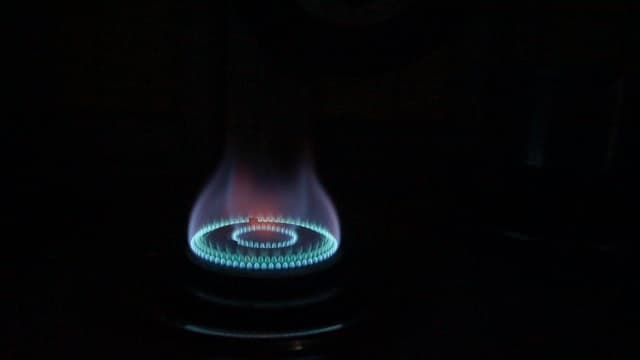
Do you remember burning coal to keep warm?
Well in the very near future we could be saying this about gas boilers!
If you live in a two to three bedroom home, then the chances are that you’re a part of the 85% of homes that currently use a gas boiler for your heating needs.
So why is it that the government has proposed a ban on gas boilers as soon as 2025, and what does that mean for your ability to not freeze during the winter?
The plan to ban gas boilers is a part of Britain’s somewhat ambitious goal to reach zero net emissions by 2050. It accompanies other policies like the complete banning of new vehicles that are powered wholly by petrol and diesel, from 2030. You can read more about it here.
About 14% of greenhouse gas emissions in the UK come from our homes, and gas boilers are the main culprit. As mentioned previously, 85% of homes currently use them.
The bottom line is that natural gas is a fossil fuel, and that isn’t compatible with the government's decarbonisation targets.
Instead, it’s proposed that we move towards more efficient technologies from more sustainable energy sources, like renewables and heat pumps.
Members of the Government are discussing a date after which the installation of regular gas boilers will be completely banned, but for now, it seems that from 2025, the ban will only affect newly built homes. So if you’ve just had a shiny new boiler installed, you can cancel your plans to stockpile hats and gloves.
It’s worth noting that the government’s favourite solution (heat pumps) may not be suitable for the majority of homes.
As we all know, buildings come in many different shapes and sizes. Some have outdoor space, some don’t. Some are semi-detached, some detached. This will dictate which solutions are actually viable for you.

Heat pumps are a more eco-friendly solution than gas boilers, because they don’t directly use fossil fuels, and have excellent efficiency levels.
The fundamental difference between them and gas boilers, is that rather than creating heat, heat pumps simply transfer it from one location to another.
A few different types of heat pump exist, like ground source heat pumps, and water source heat pumps. However, the most common that is proposed to replace gas boilers is the air source heat pump.
An air source heat pump looks similar to a regular air conditioning unit, with an indoor unit that is usually wall-mounted, and another unit that sits outdoors with a minimal requirement of empty space around its perimeter.
Heat pump units pull in large amounts of air using a fan, thermal energy is then extracted from the air with a fluid called a refrigerant that has a very low boiling temperature. The heat is then upgraded to a temperature suitable for your home using a compressor, and then pumped through your radiators, underfloor heating systems, etc.
Although it seems that a complete ban on gas boilers will go ahead at some point in the future, there is plenty of conflicting information on when the ban will actually come into place.
There are also a fair amount of skeptics that don’t believe that the infrastructure or the technology is yet in place to support the ban, more specifically, the availability of the systems themselves, and the workforce with the skills required to install them.
If you are interested in replacing your traditional heating system for something more efficient, then please feel free to contact us for more details.